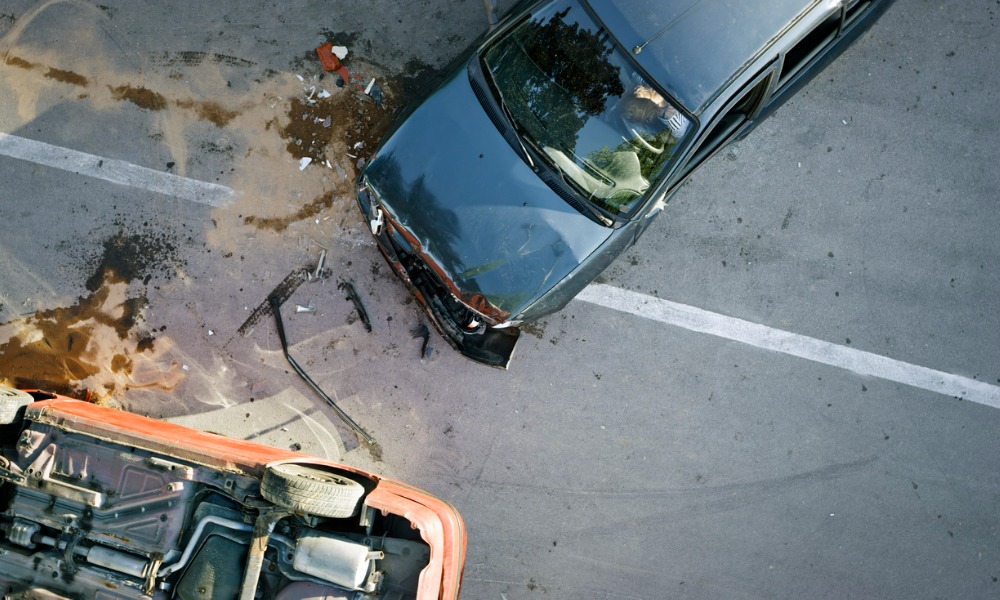
Exclusion of offence from discretionary orders likely an error, but should be amended by Parliament

The Criminal Code does not allow for the imposition of a driving prohibition following a conviction for criminal negligence causing death committed by means of a motor vehicle, the Ontario Court of Appeal has ruled.
The case of R. v. Boily, 2022 ONCA 611 involved a motor vehicle collision. The appellant’s vehicle, travelling at over 60 km/h above the speed limit, killed a retired police officer after striking his vehicle head-on. The deceased had been driving below the speed limit at the time.
Later, a blood sample showed that the appellant’s blood-alcohol concentration was between 68 and 118 mg of alcohol per 100 ml of blood during the incident – the legal limit is 80 mg.
The appellant pleaded guilty to a single count of criminal negligence causing death under s. 220 of the Criminal Code. The sentencing judge imposed a five-year imprisonment term and a 38-month driving prohibition.
The appellant argued that the judge exceeded his jurisdiction by imposing the driving prohibition because s. 320.24(4), which permitted the making of discretionary orders, did not extend to convictions for criminal negligence causing death.
The Court of Appeal allowed the appeal, though it acknowledged that the absence of any mention of criminal negligence causing death in s. 320.24(4) led to an absurdity from both a public safety and a proportionality perspective.
The appellate court explained that, if s. 320.24(4) excluded the ability to impose driving prohibitions for convictions for driving offences relating to criminal negligence but allowed those prohibitions in connection with dangerous driving convictions, then the punishment would have an inverse relationship with the seriousness of the offence. Put differently, the punishment would become less available the more serious the crime was.
Bill C-46, which amended conveyance-related offences under the Criminal Code, was meant to strengthen the approach to the punishment of driving offences. This showed a likely legislative intent to include criminal negligence causing death – as well as criminal negligence causing bodily harm under s. 221 and manslaughter under s. 236 of the Criminal Code – in s. 320.24(4).
A drafting error or oversight appeared to account for the failure to enumerate ss. 220, 221, and 236 in s. 320.24(4), the Court of Appeal concluded.
However, the appellate court decided that it was Parliament, not the judiciary, that had the power to amend the Criminal Code by adding s. 220 to the list of enumerated offences within s. 320.24(4). While the court could fix some minor legislative errors, this case did not fall under those types of situations.
Correcting the error would amount to a full amendment of the provision through the common law, would exceed the judicial function, and would conflict with the overriding principle that penal provisions should be interpreted in a way most favourable to an accused individual, the appellate court said.